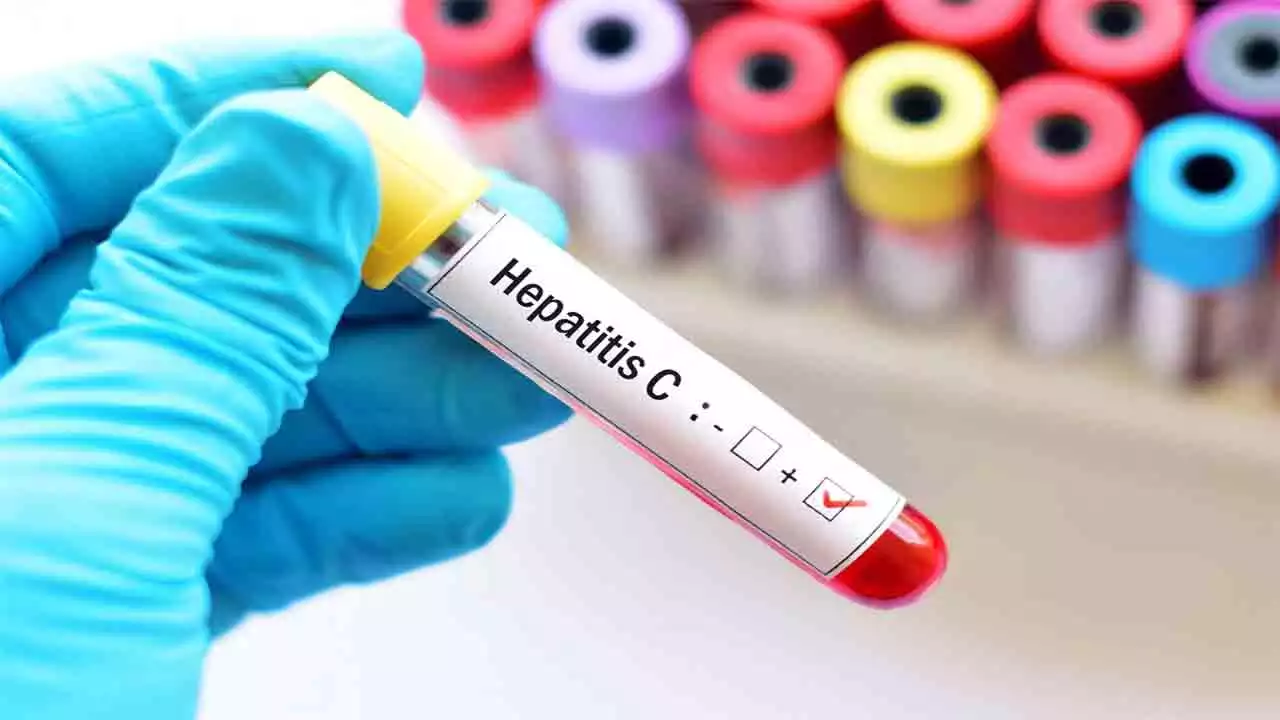At a recent event, experts from the Sindh Institute of Urology and Transplantation (SIUT) raised the alarm about the increasing prevalence of hepatitis B and C in Pakistan, highlighting the urgent need for preventive measures and public awareness. Pakistan currently ranks fifth globally in terms of hepatitis B and C cases, with more than 12.6 million people infected. The number of people infected with hepatitis C alone has reached 8.8 million.
The Silent Killer
Hepatitis is often referred to as a “silent killer” because many individuals remain asymptomatic until the disease has progressed to severe stages, leading to liver damage, cancer, and even death. The asymptomatic nature of the disease makes it difficult to detect early, resulting in significant health risks and complications. The lack of symptoms in the initial stages of the disease contributes to its rapid spread, as infected individuals may unknowingly transmit the virus to others.
Contributing Factors
Several factors contribute to the rapid spread of hepatitis in Pakistan. Unsafe medical practices, such as the reuse of syringes and other medical equipment, are major culprits. Injection therapy, which is common in Pakistan, often involves the use of non-sterilized needles, leading to the transmission of the virus. Lack of proper sterilization in medical and cosmetic treatments further exacerbates the problem.
The use of personal items belonging to others, such as razors, toothbrushes, and nail clippers, also plays a significant role in the spread of the virus. In many cases, individuals are unaware of the risks associated with sharing personal items, which can easily transmit the hepatitis virus.
Preventive Measures
To combat the spread of hepatitis, experts emphasize the importance of adopting good hygiene practices. Boiling water before consumption is a simple yet effective way to eliminate pathogens that can cause infection. Regular handwashing, especially after using the toilet, is crucial in preventing the transmission of the virus. Additionally, individuals should avoid sharing personal items that may come into contact with bodily fluids.
Medical facilities and practitioners are urged to use new syringes for each patient and ensure that all medical equipment is properly sterilized. Barbershops should use new blades for each customer to prevent cross-contamination. In surgical and cosmetic treatments, the use of sterilized equipment is essential to minimize the risk of infection.
Hospitals and clinics are directed to use blood supplied by registered blood banks under the Safe Blood Transfusion Programme. This ensures that the blood used in transfusions is thoroughly screened for hepatitis and other infectious diseases, reducing the risk of transmission through blood transfusions.
Public Awareness and Education
Raising public awareness about hepatitis and its transmission is critical in curbing the spread of the disease. Educational campaigns should focus on informing the public about the risks associated with unsafe medical practices, sharing personal items, and poor hygiene. By increasing awareness, individuals can make informed decisions and adopt preventive measures to protect themselves and their communities.
Community outreach programs can play a vital role in educating people about the importance of vaccination against hepatitis B, which is an effective way to prevent the disease. Vaccination programs should be made accessible and affordable to encourage widespread participation.
Government and Healthcare System Responsibilities
The government and healthcare system have a crucial role to play in controlling the hepatitis epidemic in Pakistan. Ensuring that healthcare facilities adhere to strict sterilization protocols and use safe medical practices is essential. Regular inspections and monitoring can help enforce these standards and reduce the risk of infection.
The implementation of robust screening programs for blood donors and the enforcement of the Safe Blood Transfusion Programme are necessary steps to prevent the spread of hepatitis through blood transfusions. Additionally, providing training for healthcare workers on safe injection practices and proper sterilization techniques can significantly reduce the transmission of the virus.
The alarming rise in hepatitis B and C cases in Pakistan calls for immediate action to prevent the further spread of the disease. By adopting good hygiene practices, ensuring the use of sterilized medical equipment, and raising public awareness, the transmission of hepatitis can be significantly reduced. The government, healthcare system, and individuals must work together to combat this silent killer and protect the health and well-being of the population.



